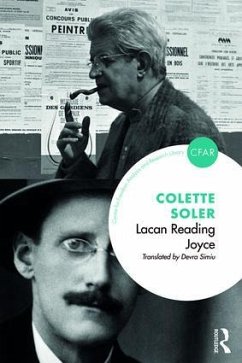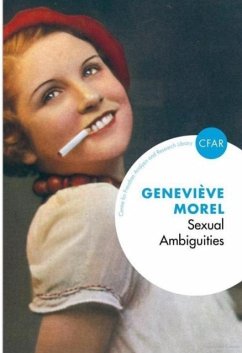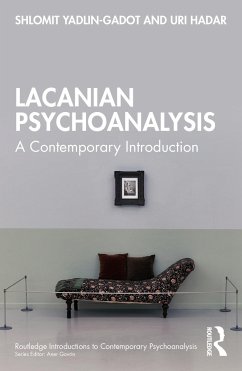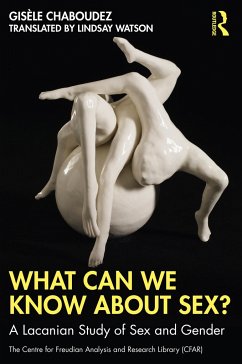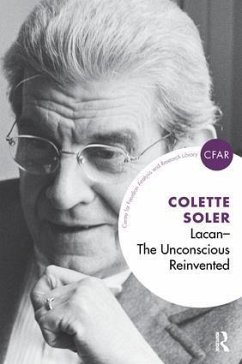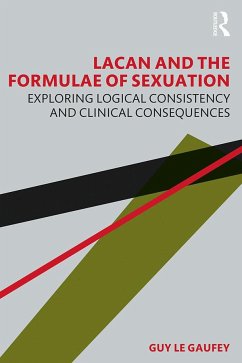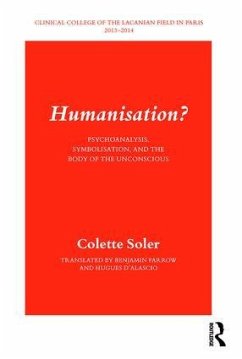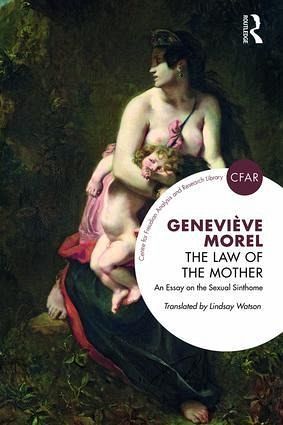
The Law of the Mother
An Essay on the Sexual Sinthome
Versandkostenfrei!
Versandfertig in 6-10 Tagen
39,99 €
inkl. MwSt.
Weitere Ausgaben:

PAYBACK Punkte
20 °P sammeln!
The law of the mother is made up of words charged with pleasure and suffering that leave their mark on us in early childhood. In this groundbreaking book, Geneviève Morel explores whether it is possible for the child to escape subjection from this maternal law and develop their own sexual identity.Through clinical examples and critical commentary, the book illustrates the range and power of maternal influence on the child, and how this can generate different forms of sexual ambiguity. Using a Lacanian framework which revises the classical idea of the Oedipus complex, the book is not only a ma...
The law of the mother is made up of words charged with pleasure and suffering that leave their mark on us in early childhood. In this groundbreaking book, Geneviève Morel explores whether it is possible for the child to escape subjection from this maternal law and develop their own sexual identity.
Through clinical examples and critical commentary, the book illustrates the range and power of maternal influence on the child, and how this can generate different forms of sexual ambiguity. Using a Lacanian framework which revises the classical idea of the Oedipus complex, the book is not only a major contribution to gender studies but also an invaluable aid to the clinician dealing with questions of sexual identity. The book avoids many of the moral and political prejudices that paralyse twenty-first century society, be they related to legislation on marriage, parentage or adoption, the status of "mental health", or the limits to the supposed ownership of the human body.
Insightful and revealing, The Law of the Mother will be of great interest to Lacanian psychoanalysts, as well as to researchers in the fields of gender studies and sexuality.
Through clinical examples and critical commentary, the book illustrates the range and power of maternal influence on the child, and how this can generate different forms of sexual ambiguity. Using a Lacanian framework which revises the classical idea of the Oedipus complex, the book is not only a major contribution to gender studies but also an invaluable aid to the clinician dealing with questions of sexual identity. The book avoids many of the moral and political prejudices that paralyse twenty-first century society, be they related to legislation on marriage, parentage or adoption, the status of "mental health", or the limits to the supposed ownership of the human body.
Insightful and revealing, The Law of the Mother will be of great interest to Lacanian psychoanalysts, as well as to researchers in the fields of gender studies and sexuality.





